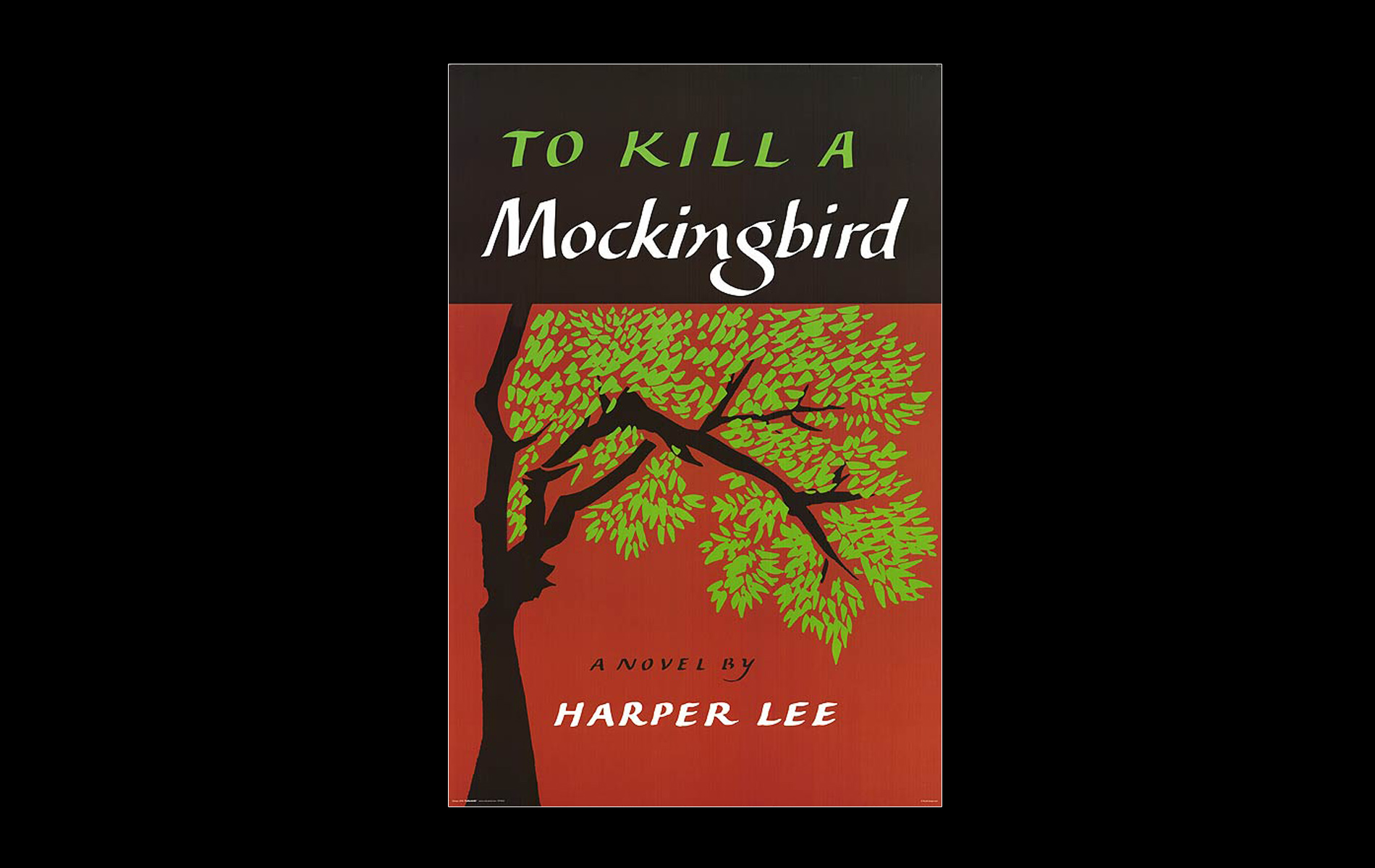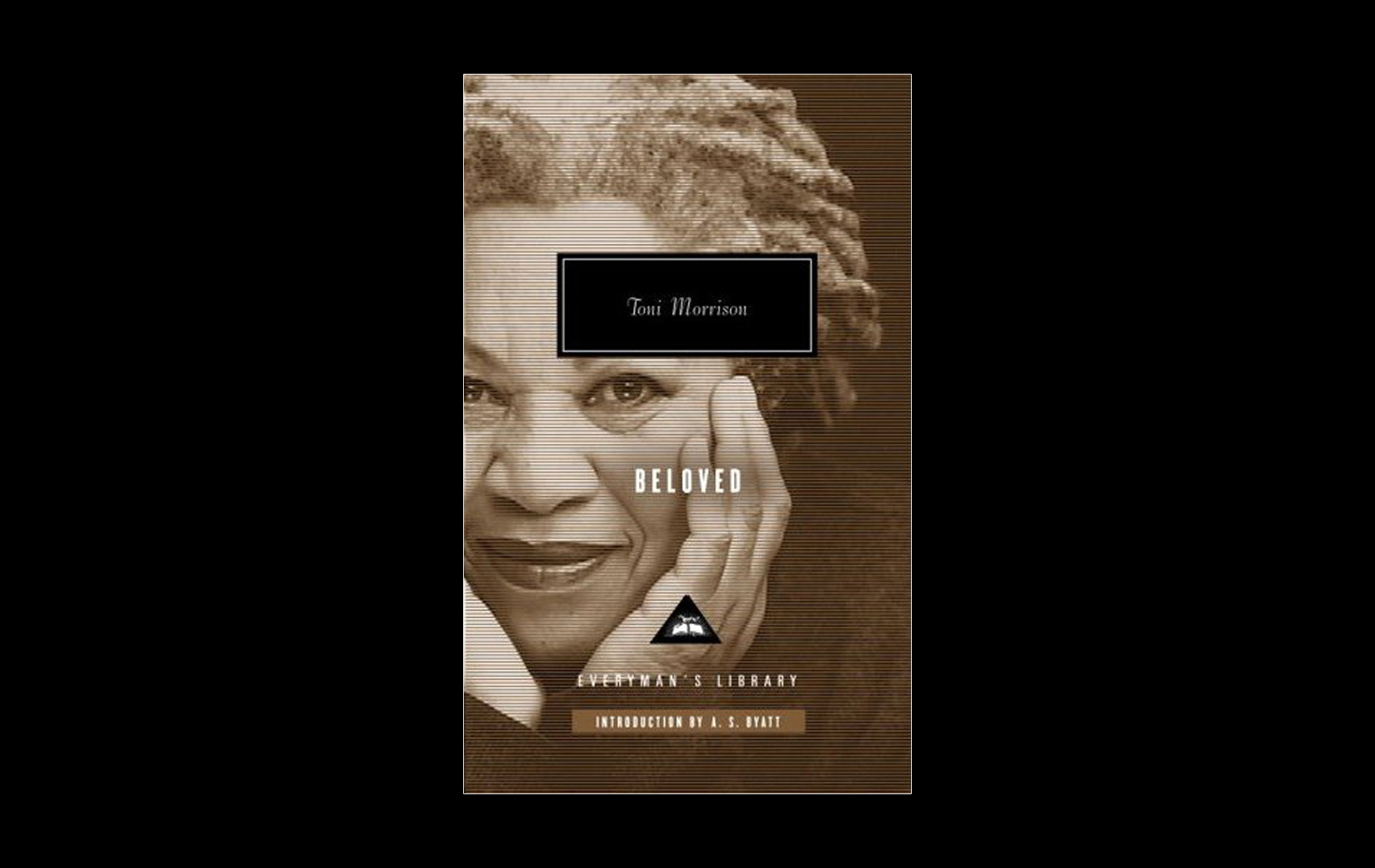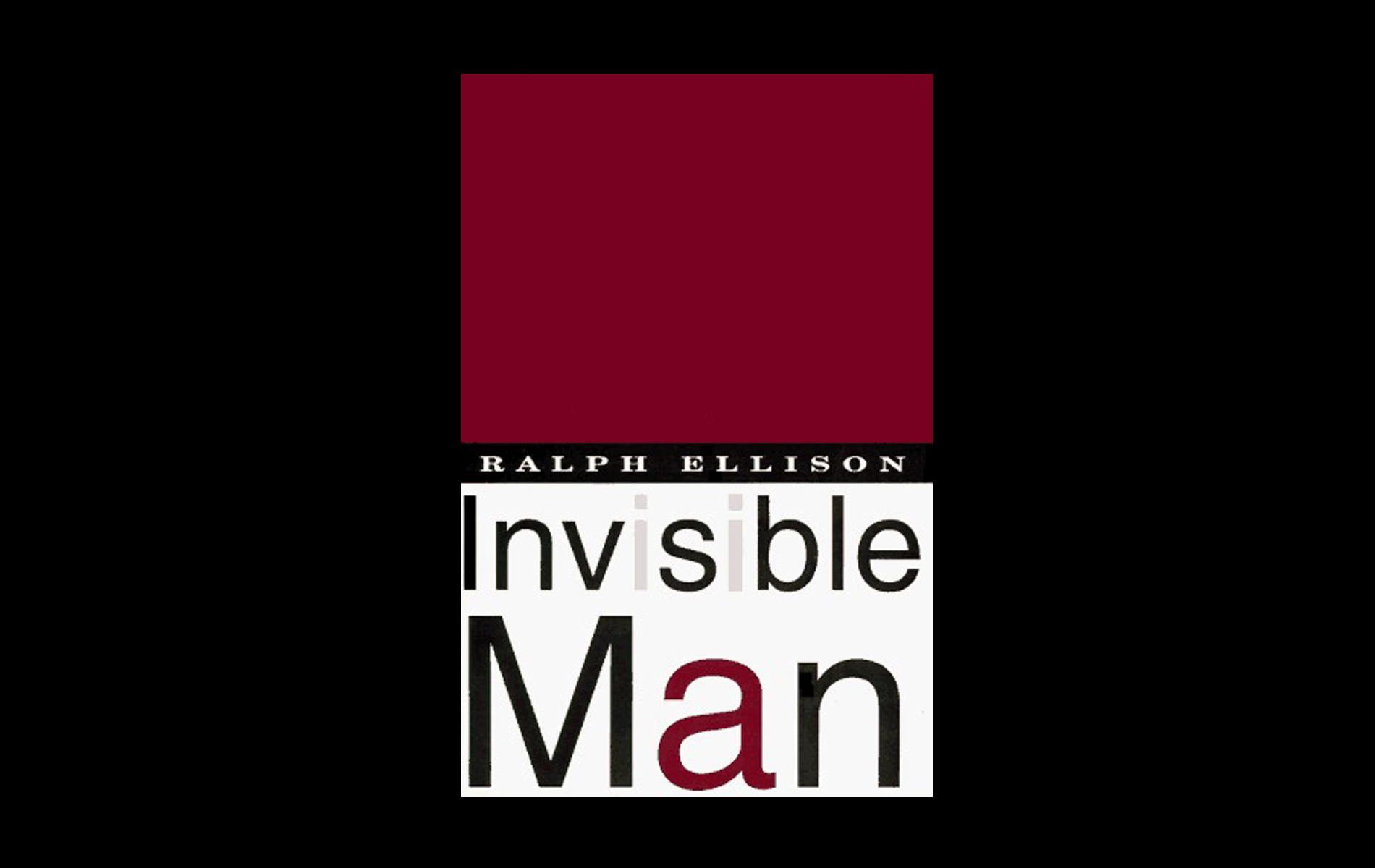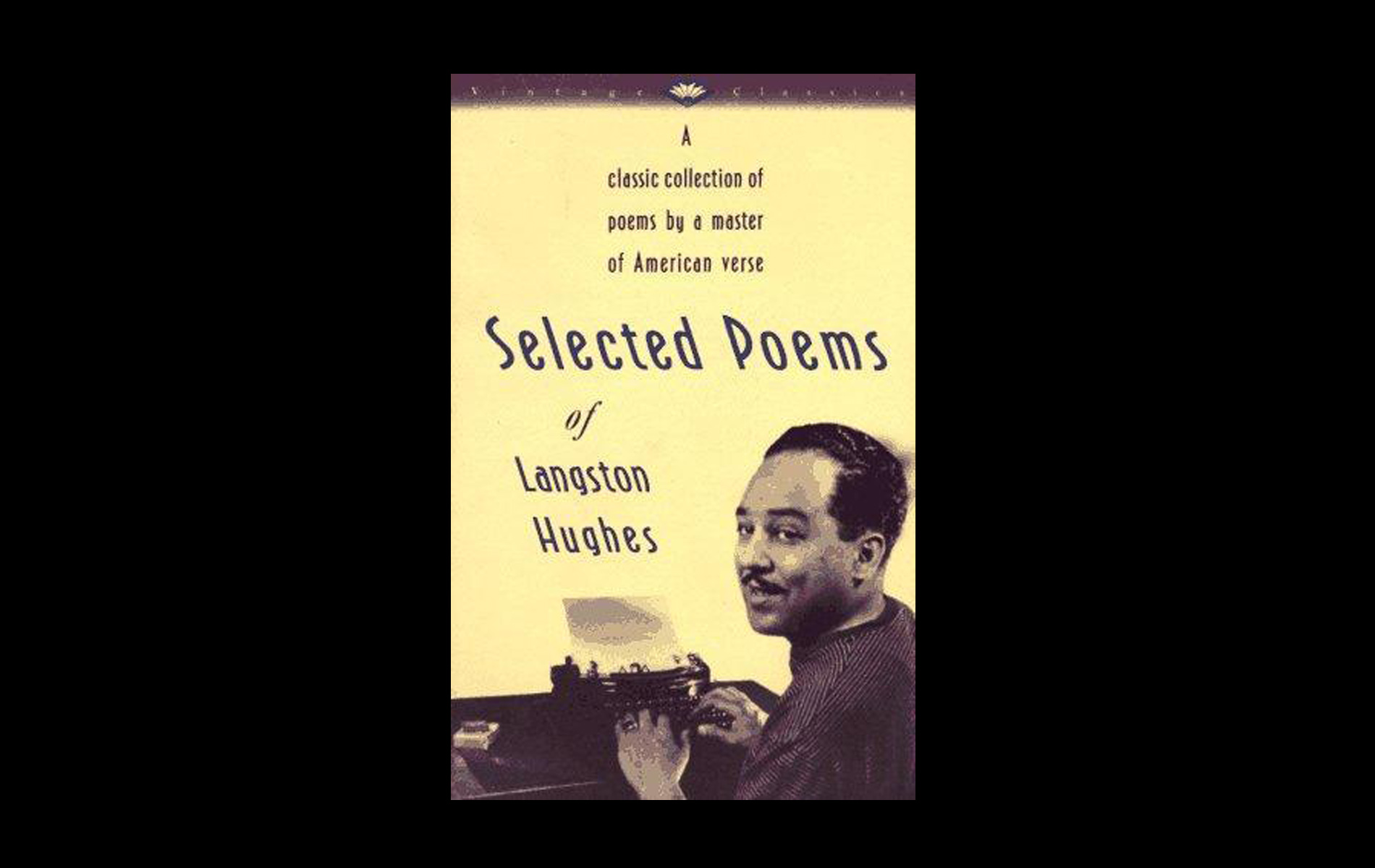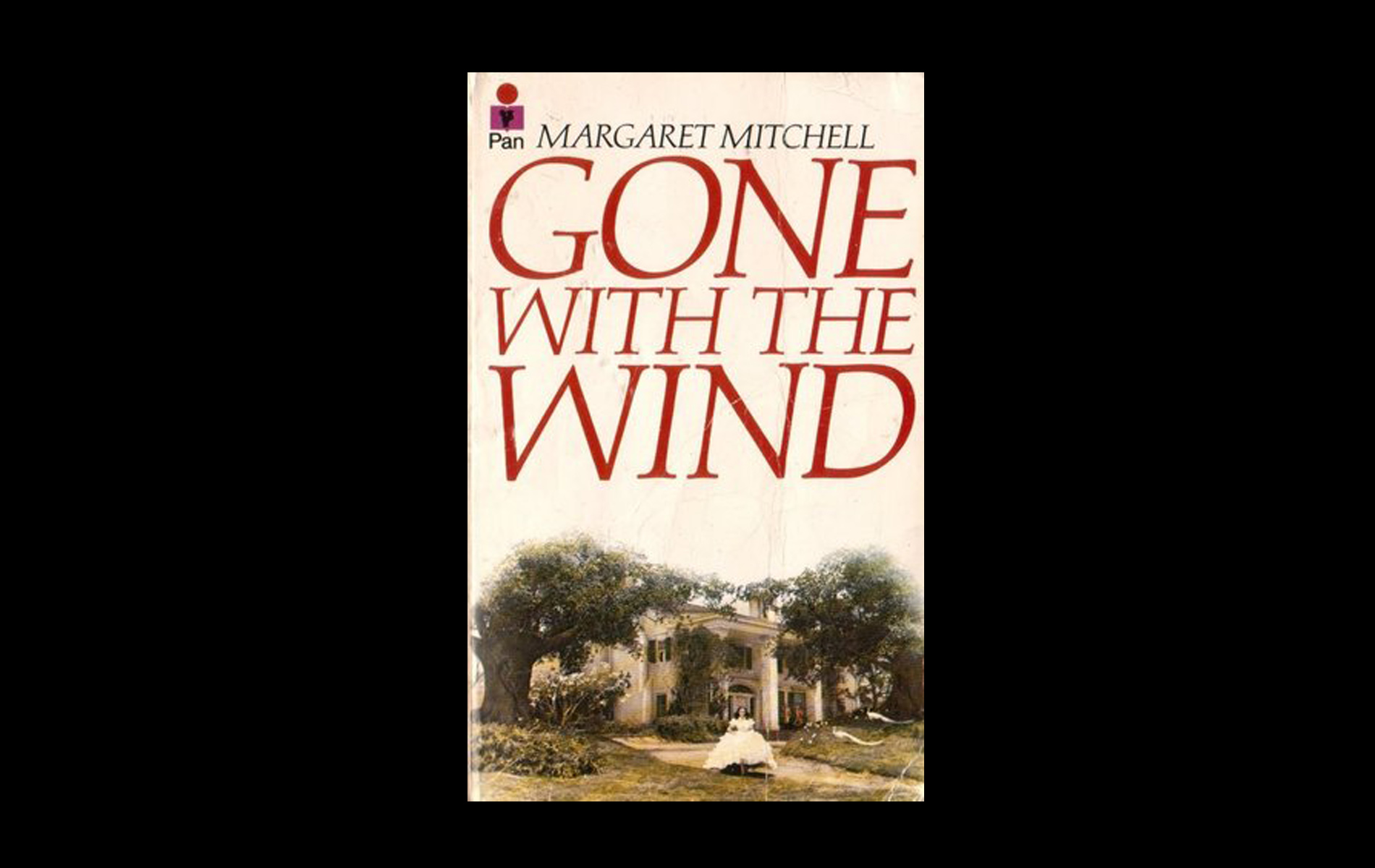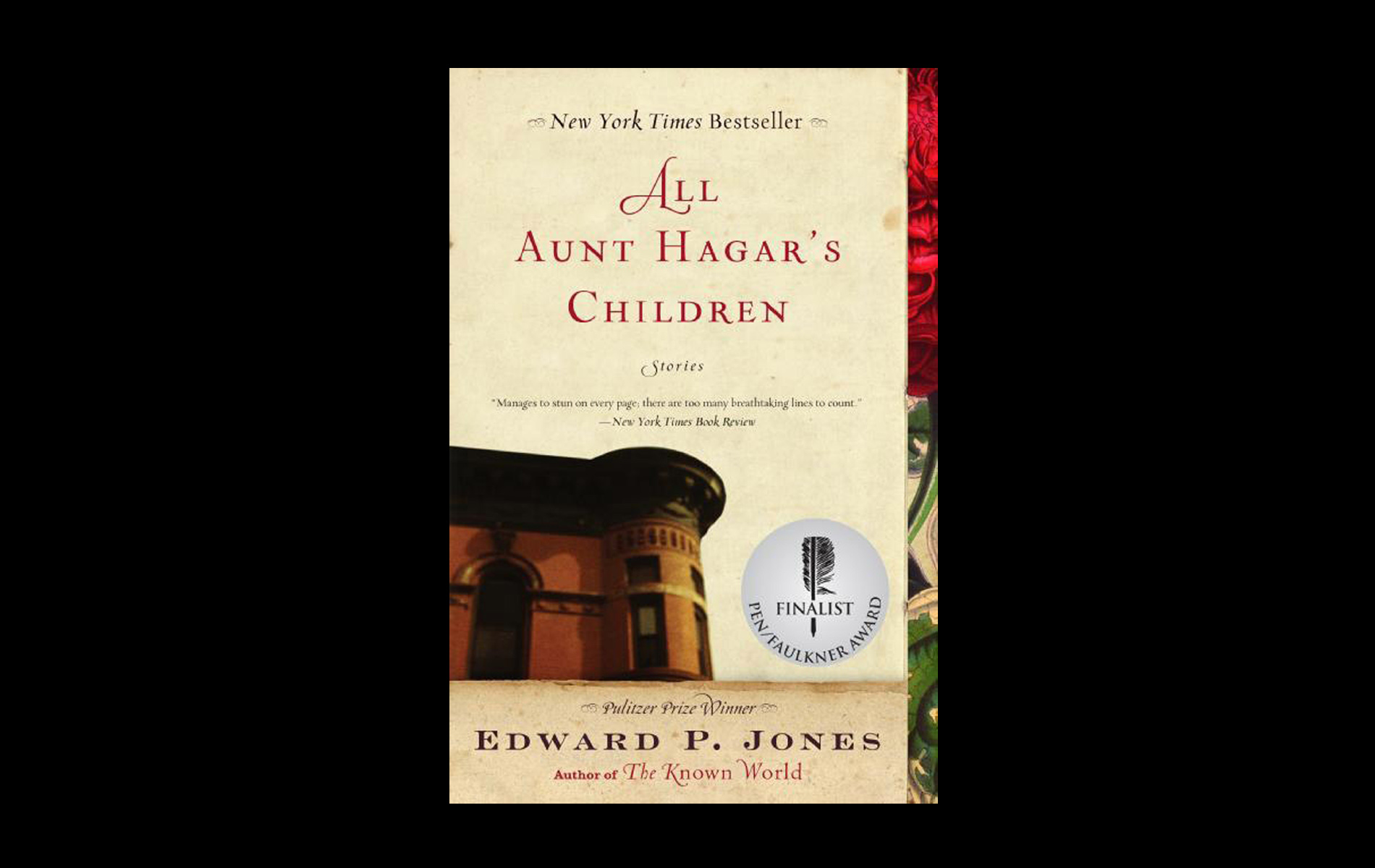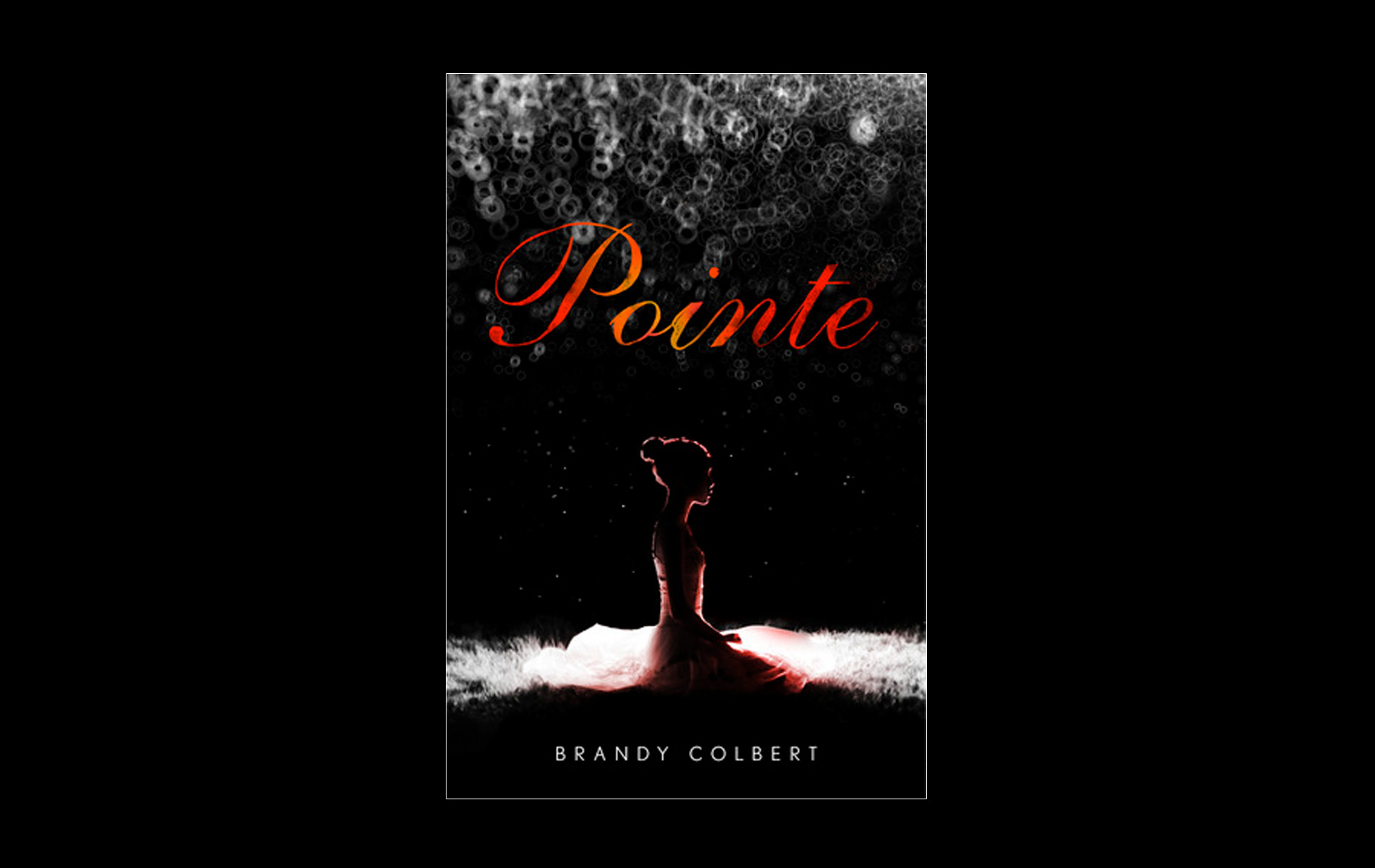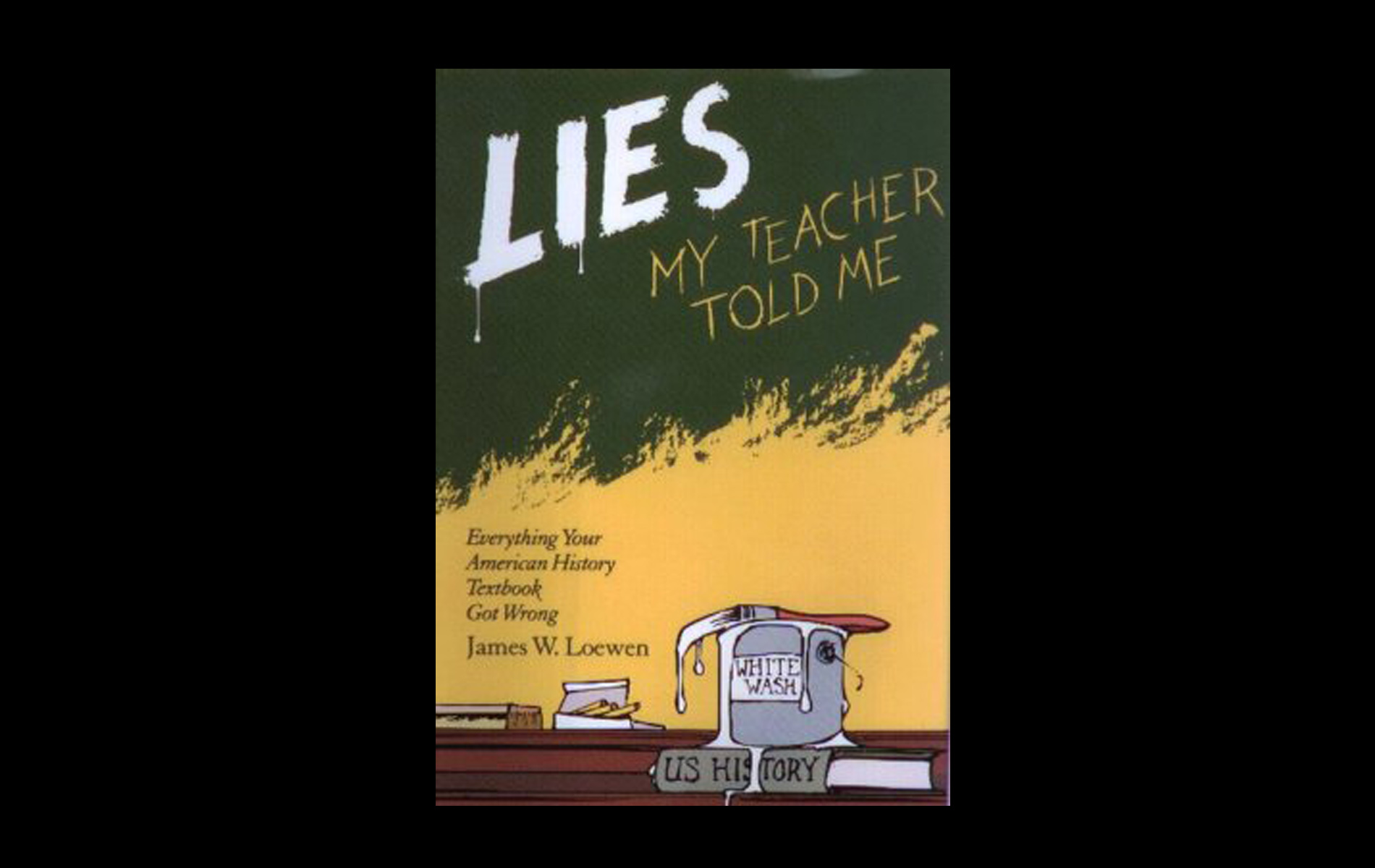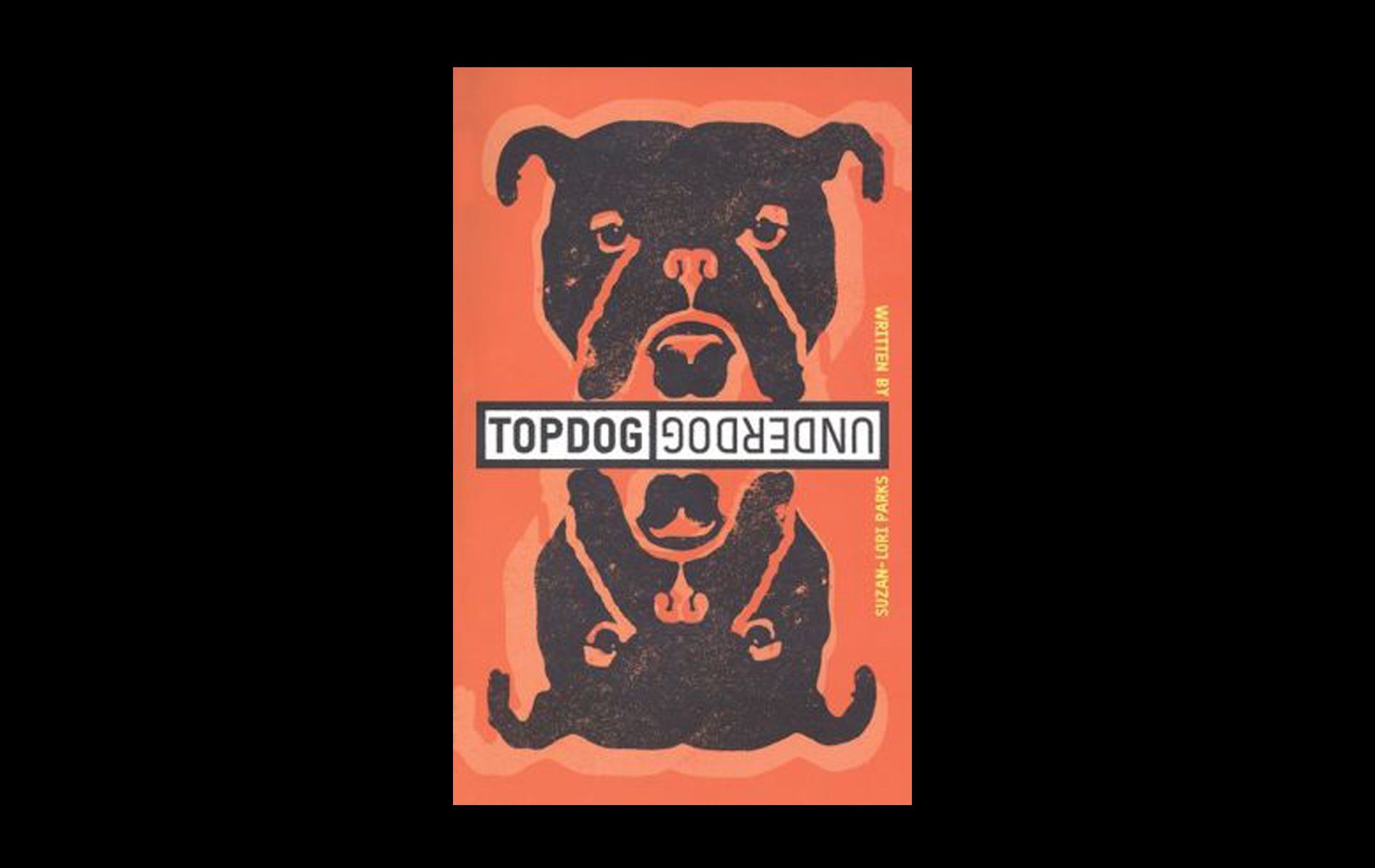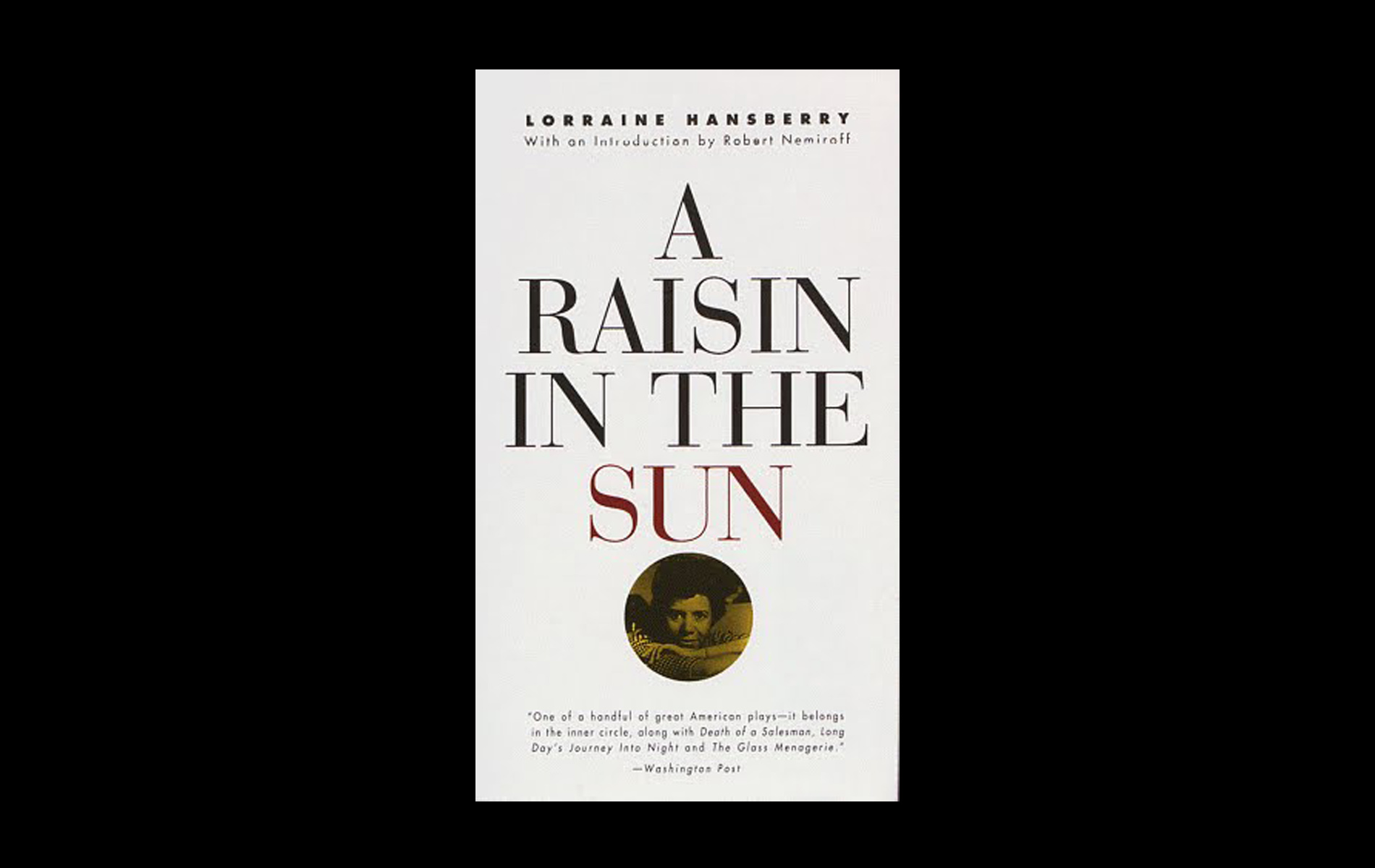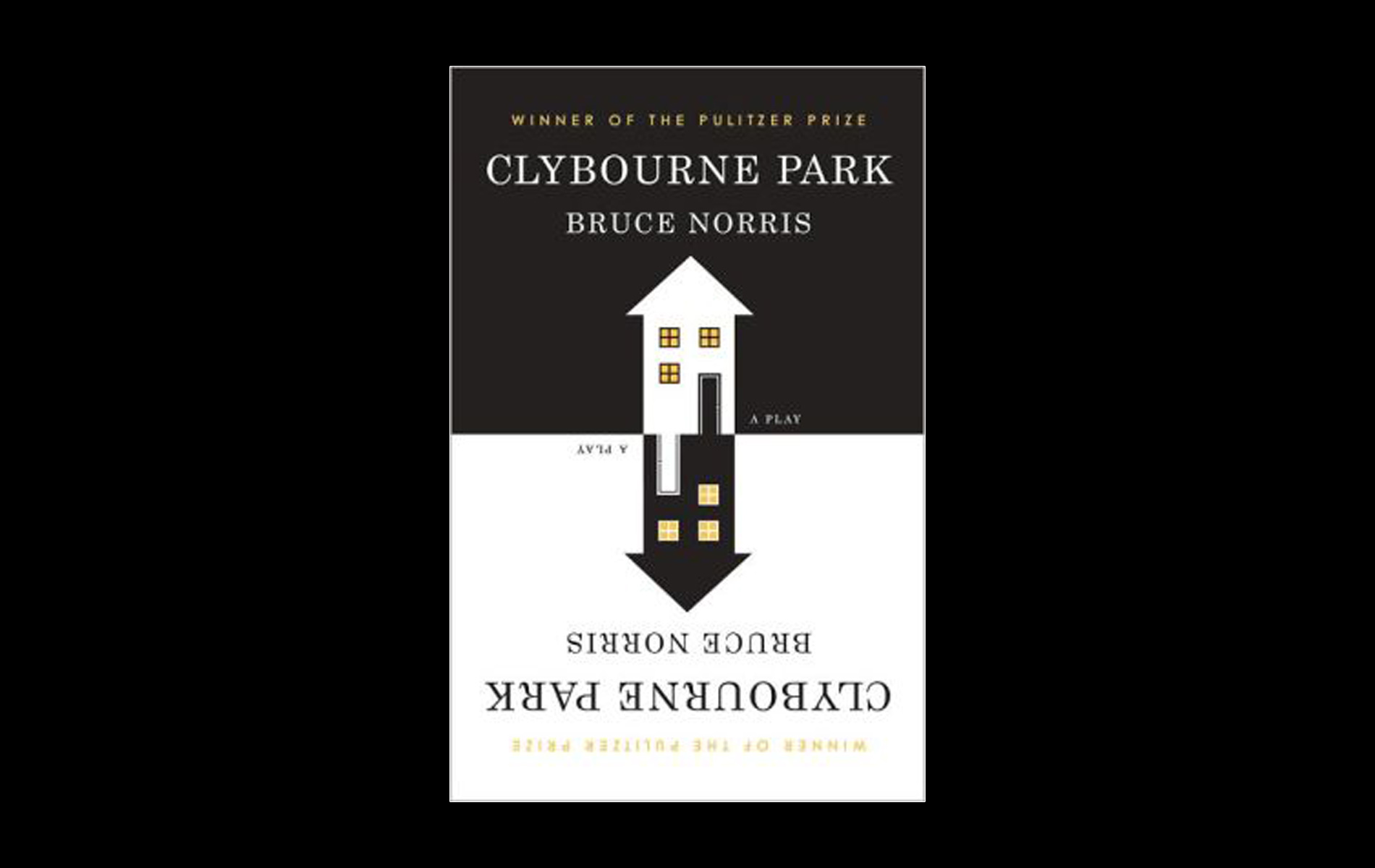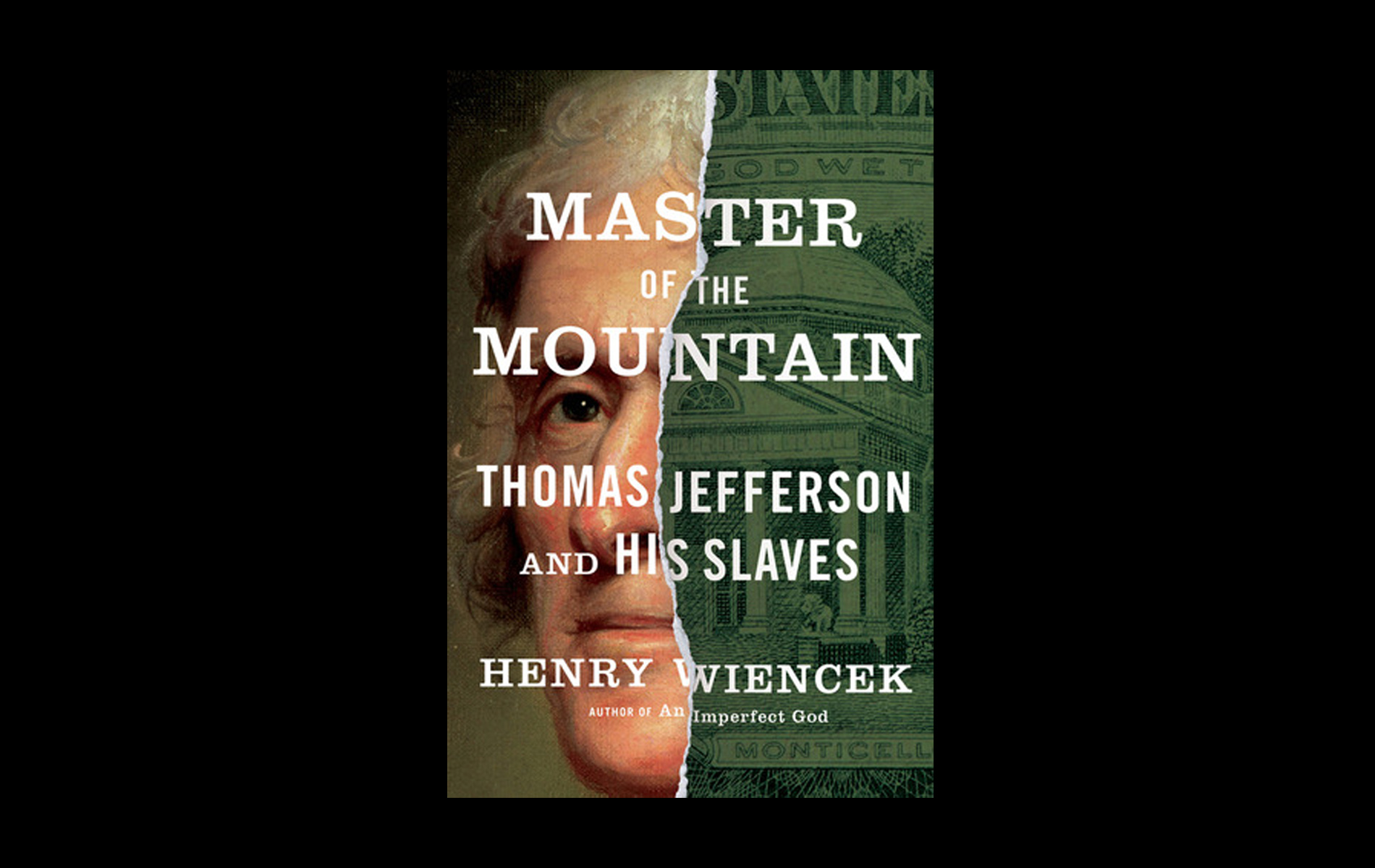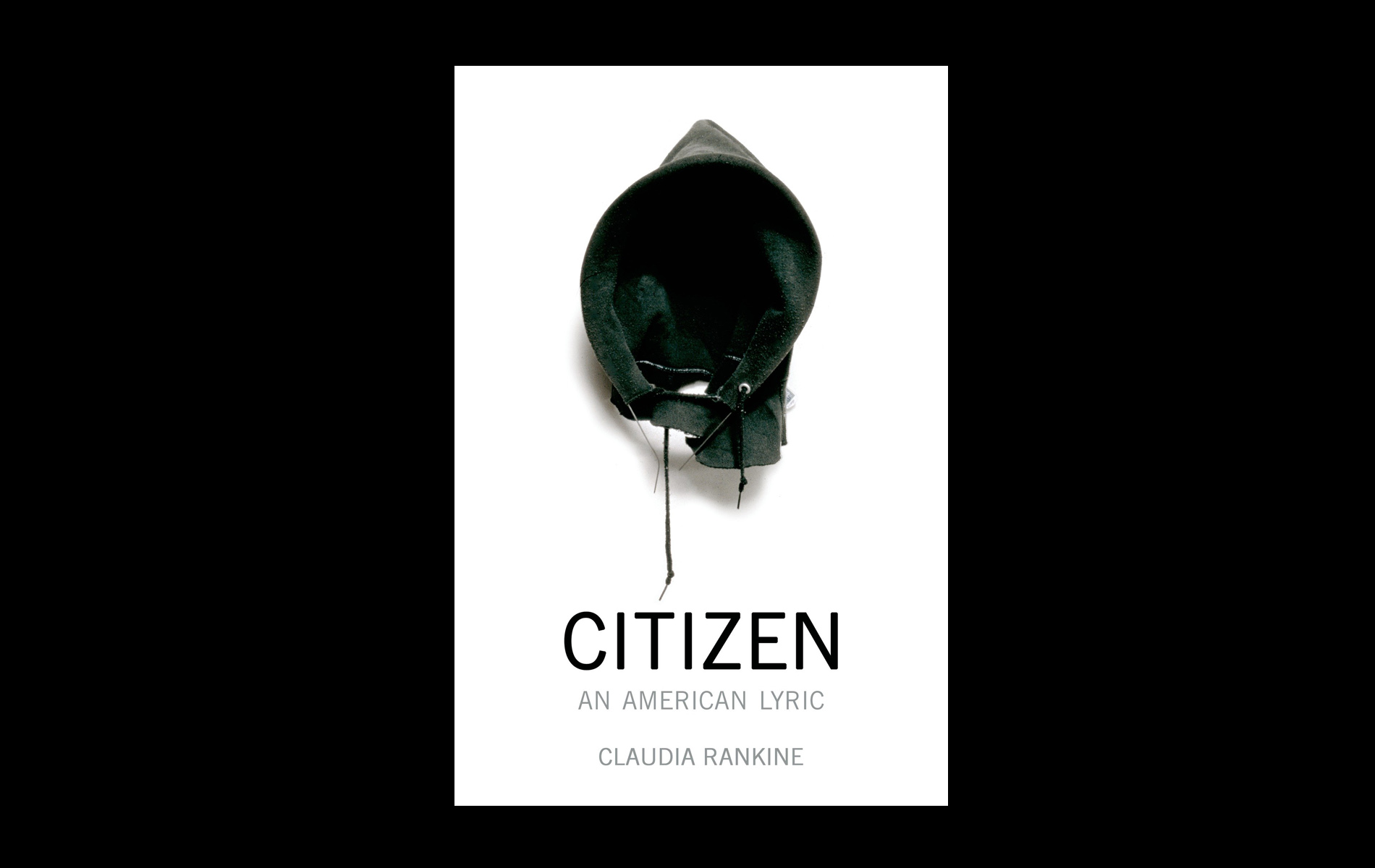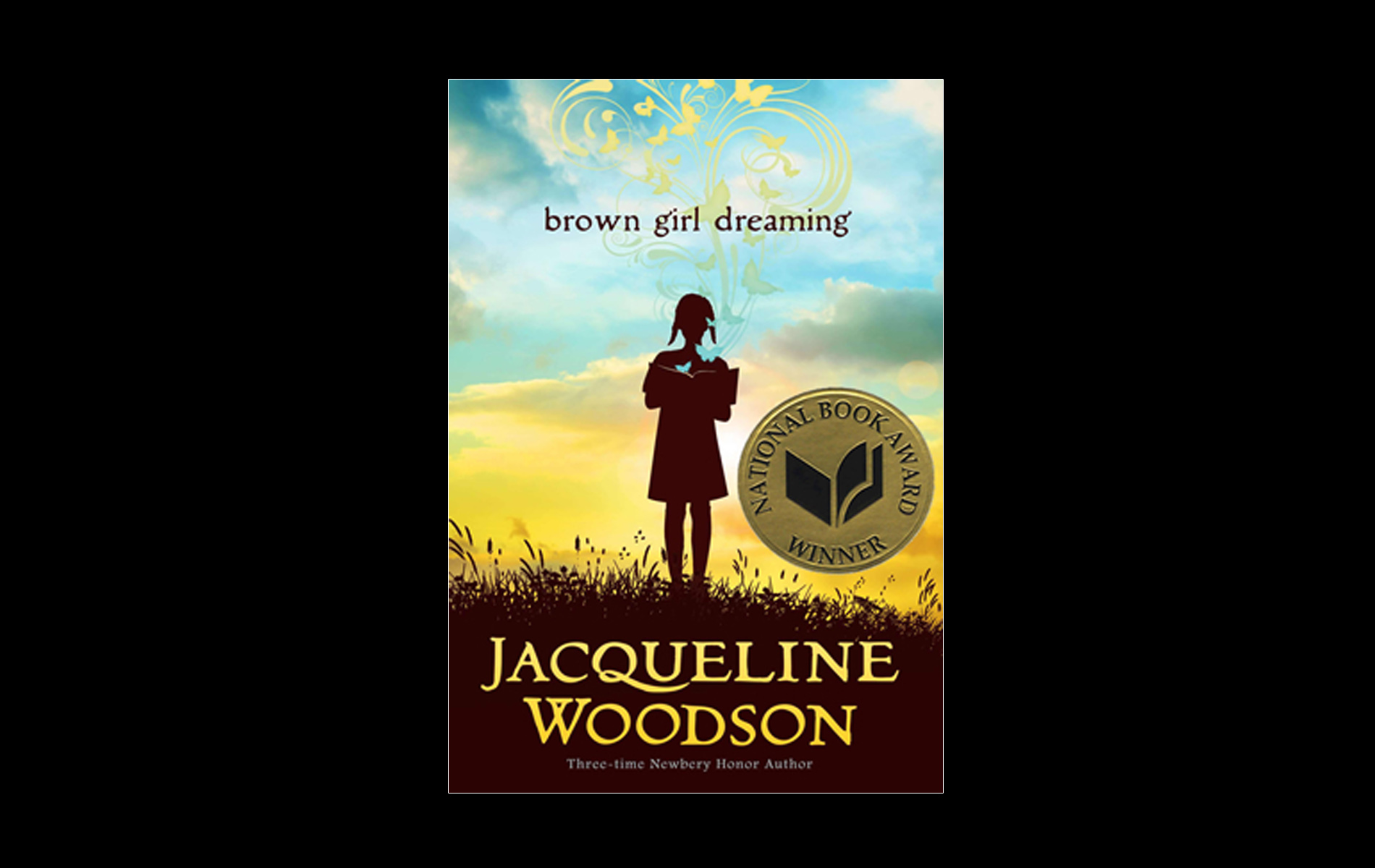Here’s a list of books that will help you think anew about race in America.
by Gabrielle Roman
It has been difficult for me to speak out about the current climate of race relations in our country.
After writing and then deleting multiple statuses and tweets before actually clicking submit, I’ve come to a realization: I’m not an authority on this. What I think and what I have to say doesn’t necessarily matter much.
So, what can I contribute?
Books. The media and social networking frenzy drives us to distraction. The stories and opinions pile up so quickly that all of sudden these stories about people and their lives are reduced to shouting matches about race. With so much out there, I think it’s easy to drown in the noise. To think about all of this on a conceptual level is difficult. We connect by knowing more about Michael Brown and Eric Garner but seem to get lost trying to move out from the individual. My suggested antidote is to sit down and read. American history is a story of racial struggle and there are a diverse group of authors who have confronted this struggle in different ways. By sitting down and reading, you can take a break from the tragedy but also the confusion. You can get inside the story of another person.
For that reason, I’ve started a list of stories that explore race in America. Our history is rich but troubled and that has effected how we interact today. These works confront those issues, past and present. Read them and then create your own conversation. Shut out the noise. Think.
[slider navigation_style=”both” custom_slider_transition=”move”]
[slide]
1. To Kill a Mockingbird by Harper Lee
This is the one that started it all for me. In our current climate, the stacked trial against Tom Robinson doesn’t seem like it could only happen in the past and in the South. Read it and think about how we could all be a little more like Atticus Finch.
[/slide]
[slide]
2. The Narrative of the Life of Frederick Douglass by Frederick Douglass
Movies about slaves are often criticized for being told through the lens of white people [http://www.newyorker.com/culture/culture-desk/slaverys-shadow], when the most powerful slave accounts are told by those who experienced it. For proof of Douglass’s continued relevance, consider Jada Williams, who wrote an essay relating his narrative to her current school system…and then was forced out of the school for it.
[/slide]
[slide]
3. Beloved by Toni Morrison
Anything by Toni Morrison is worthwhile, but I chose this book because I read it for the first time this year and it blew me away. Ignore the weird plot and experimental writing sections and instead embrace the book for its haunting portrayal of the psychological scars slavery leaves behind.
[/slide]
[slide]
4. The Invisible Man by Ralph Ellison
When I read this book for the first time, I had no clue there was any racial commentary whatsoever. Now, I am struck by the brilliance of the concept and how a speculative fiction premise leads you to consider how invisible the narrator already feels. Or, the idea of invisibility might seem like a huge boon.
[/slide]
[slide]
5. Selected Poems by Langston Hughes
As far as I can remember, everyone liked reading Langston Hughes in high school because his poems are typically short and straightforward. They are also revelatory. Consider the last line of “Harlem” and what happens to a dream deferred—does it explode?
[/slide]
[slide]
6. Gone with the Wind by Margaret Mitchell
A professor in undergrad told me this book is a great representation of southern white women. Ignore Scarlett and instead think about the difference between “good” and “bad” slaves and how the sympathetic ones still want to serve their families after the war. Horrifying.
[/slide]
[slide]
7. Kindred by Octavia Butler
Butler is sort of the eminent black woman science fiction writer (although there are plenty of others: Tananarive Due, Andrea Hairston, and Nisi Shawl, to name a few). Kindred, her most popular work, follows a black woman in the 1970s who travels back to an antebellum plantation and meets her ancestors. All of her work, though, deals with issues of diversity and is well worth the read.
[/slide]
[slide]
8. All Aunt Hagar’s Children by Edward P. Jones
The title is in reference to the Biblical story of Abraham and how he kicked out his slave Hagar after his wife Rebecca finally became pregnant. Hagar serves as the ancestor of people who have been long looked down upon and scorned. The stories span decades but all take place around Washington D.C. and cover a range of fascinating subjects such as a woman meeting the devil in the grocery store or a baby left in a tree in someone’s front yard.
[/slide]
[slide]
9. Pointe by Brandy Colbert
YA books that appear on “best of” lists often tend to be dishearteningly full of white characters, but Pointe offers a step in the right direction. Not only is the main character a ballerina—a predominately white industry—but she and her best friend are the only two black teens at their mostly white school. The book delivers a real portrayal of race while also taking on other important topics like anorexia and sex and delivers a cracking good story on top of it all. Recommend this to the teens in your life. And everyone else, too.
[/slide]
[slide]
10. Lies My Teacher Told Me by James W. Loewen
Loewen looks at the disaster that is U.S. history textbooks and offers the information you don’t typically learn in class. His focus on minority stories untold and the reasons behind why these issues aren’t explored is both engaging and sometimes infuriating. It also shows a compelling argument for how a classroom can actually work against minority students and how learning good history can empower them.
[/slide]
[slide]
11. Topdog/Underdog by Suzan-Lori Parks
Women playwrights and playwrights of color are too few and far between and Parks’s 2002 Pulitzer Prize winner is a perfect example of how fantastic these seldom heard voices can be. Focusing on two brothers named Lincoln and Booth, the play offers up a picture of American history and “the American story” and asks the audience to confront what exactly that American story is.
[/slide]
[slide]
12. A Raisin in the Sun by Loraine Hansberry
A classic play that explores the desegregation of neighborhoods in 1950s Chicago through the Younger family, who intends to move into an all-white neighborhood. The title is taken from the Langston Hughes’ poem “Harlem” mentioned above, depicting a family who won’t allow their dreams to dry up by confronting prejudice head on. It premiered in 1959 but begs the question…are we all integrated pictures of harmony now?
[/slide]
[slide]
13. Clybourne Park by Bruce Norris
A follow-up to A Raisin the Sun, Clybourne Park takes the exploration of race one step forward by looking at the family whose house will soon by occupied by the Younger family. In the second act, which takes place fifty years after the first, a white couple wants the same house, which is now in a predominately black neighborhood. The racist moments in the first act are painful, but almost quaint; they’re recalled in the second act and made uncomfortablly relevant as the liberal white audience is forced to consider their own assumptions and points of view.
[/slide]
[slide]
14. Master of the Mountain: Thomas Jefferson and His Slaves by Henry Wiencek
Wiencek explores Jefferson and particularly his plantation, looking at how he kept and used slaves and the likelihood of his relationship with Sally Hemings. What I found incredibly potent about this work was the willingness to call out a founding father on his bad behavior and condemn Jefferson for his treatment and use of slaves. More historians need to be willing to fight the common narrative and really dig into the tales we tell ourselves.
[/slide]
[slide]
15. Citizen: An American Lyric by Claudia Rankine
An exploration of how race is experienced in the twenty-first century, Citizen offers up a compelling argument that we are far from being a “post-racial society.” An important read for anyone who thinks that race doesn’t affect them personally and can’t understand why others are so hung up on it.
[/slide]
[slide]
16. Brown Girl Dreaming by Jacqueline Woodson
This National Book Award winner not only gives the point of view of a young black girl navigating a legacy of racism and the Civil Rights movement, but Daniel Handler’s gaffe in introducing Woodson also shows how caustically people say stupid things.
[/slide]
[/slider]


